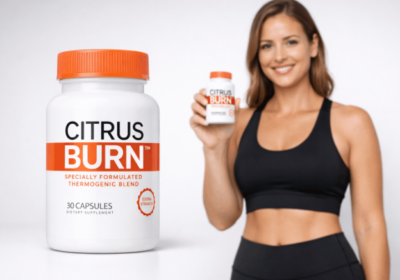If you’ve ever launched a Shopify store, you already know that product video ads can make or break your marketing results. With rising CAC and aggressive competition, high-converting Shopify product video ads have become essential—not optional—for sustainable e-commerce growth.
The problem? Many sellers struggle with limited creative resources, unclear scripting structures, or simply not knowing what actually makes a video convert. I used to face the same frustrations. After testing hundreds of ads, analyzing performance data, and refining my workflow, I developed a repeatable system that consistently drives stronger clicks, engagement, and conversion rates.
In this article, I’ll walk you through the exact step-by-step method I use today. This is not theory—it’s a practical tutorial packed with real experience, insights, and actions you can replicate immediately. Whether you’re a beginner or a growth-focused seller, you’ll learn how to create scroll-stopping ads even without a full production team.
Step 1 — Understanding What Makes a Shopify Video Ad Convert
A high-performing video ad is built on a clear strategy, not pretty visuals. Before touching any tools or editing software, define three essential elements:
Identify a Single Core Benefit
Your video must focus on one main promise. Avoid listing every feature—choose the outcome your audience cares about most.
Analyze Competitor Angles
Study how top sellers in your niche structure their videos. Break down their hooks, messaging, and visuals. This gives you a blueprint while revealing opportunities to differentiate.
Match Your Video Format to Your Traffic Source
A TikTok ad needs fast pacing, while a Facebook ad requires clearer value explanations. Tailor formats to the platform with intention.
Step 2 — My Script Framework for High-Converting Product Videos
After years of testing, I now rely on a 5-part scripting formula that reliably boosts engagement:
1. Hook (First 2 seconds)
Ask a question, show an unexpected result, or demonstrate the product solving a real pain point instantly.
2. Problem Setup
Briefly describe the situation your audience is struggling with—this builds emotional relevance.
3. Product Demo
Record real usage scenes. Keep angles clean, pacing tight, and show movement to maintain viewer interest.
4. Key Benefit + Social Proof
Use short text overlays and quick value claims. Keep them factual, not exaggerated.
5. Clear CTA
Tell the viewer exactly what to do next. A simple “Shop Now” is enough.
This structure works across niches and ensures your message feels natural, concise, and conversion-driven.
Step 3 — Using Genmi AI to Effortlessly Generate Video Assets
Even with a strong concept, recording footage or editing from scratch can be time-consuming. This is where AI tools significantly accelerate production. One of the tools I use is Genmi AI, a platform designed for creating product ads, video concepts, and Sora-style visual assets.
With Genmi, you can generate product demo clips, concept visuals, or even refine ad scripts. It’s especially powerful for smaller teams or solo operators who need high-quality creatives without extra production costs.
You can explore the platform here:Genmi AI
And if you want to experiment with advanced generative video models for more cinematic ad styles, check this page:Sora Model Tools
Using Genmi for ideation helps me cut 60% of the time normally spent sourcing footage or drafting concepts. It’s not a replacement for real video testing, but it’s a huge booster for creative efficiency.
Step 4 — Editing and Optimizing Your Shopify Video Ad
Once your footage or generated visuals are ready, move to the editing stage. Keep these best practices in mind:
Trim All Non-Essential Clips
E-commerce ads must feel energetic. If a clip doesn’t move the story forward, cut it.
Add Light Text Overlays
Use overlays to reinforce benefits, highlight features, or emphasize results. Avoid placing too much text at once.
Test Multiple Hooks
Your first 2 seconds decide 80% of your ad’s pe
Overview
- Condition: New





